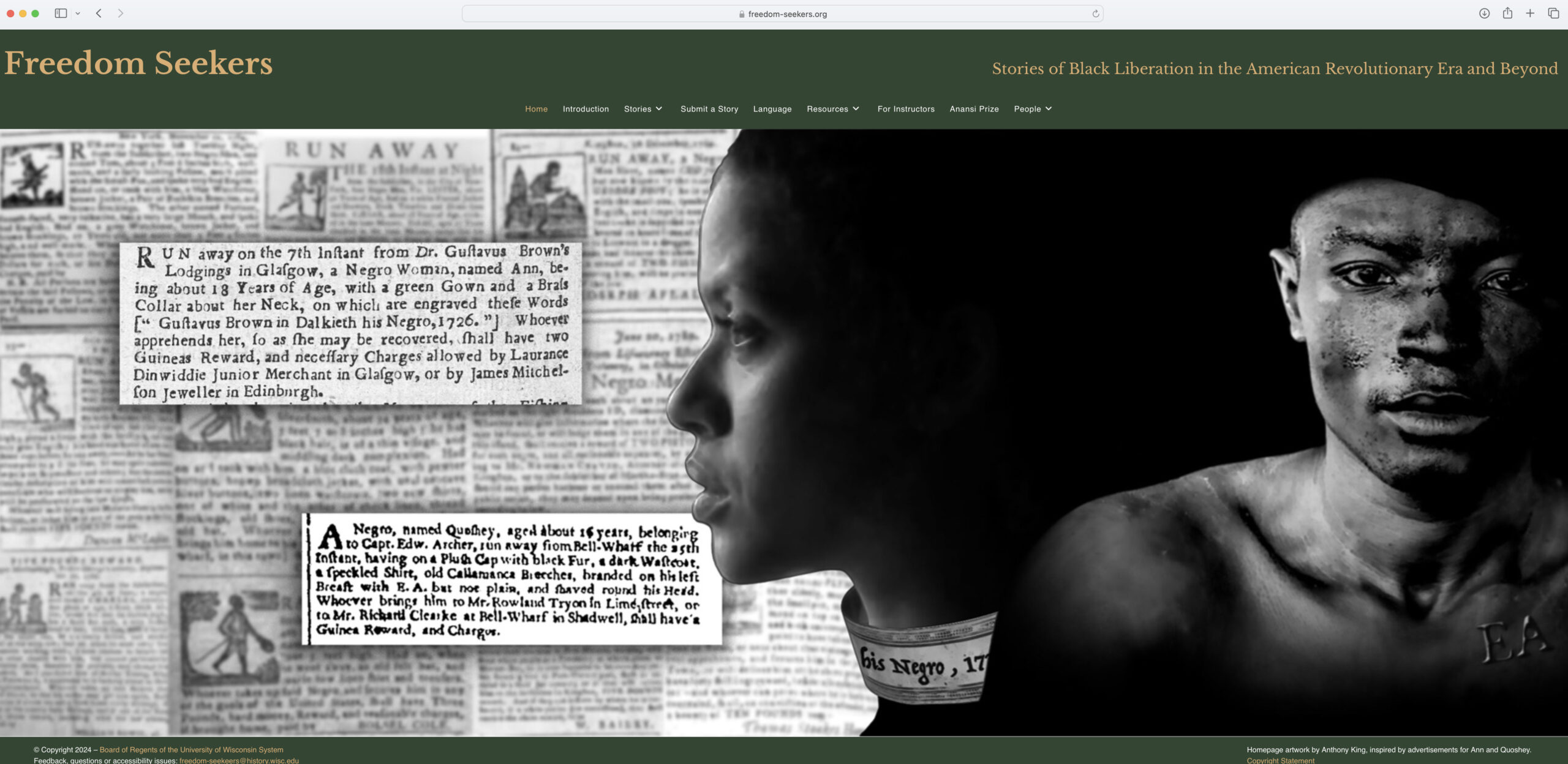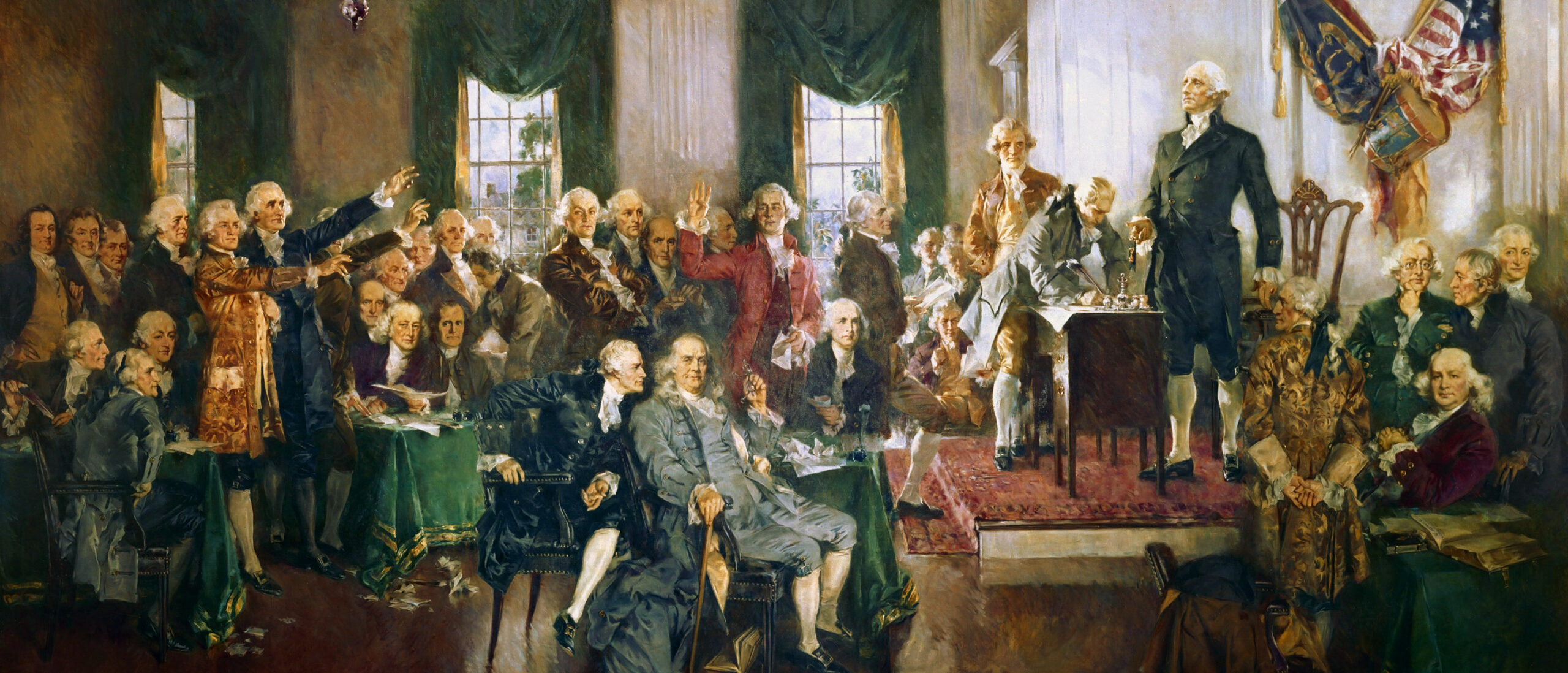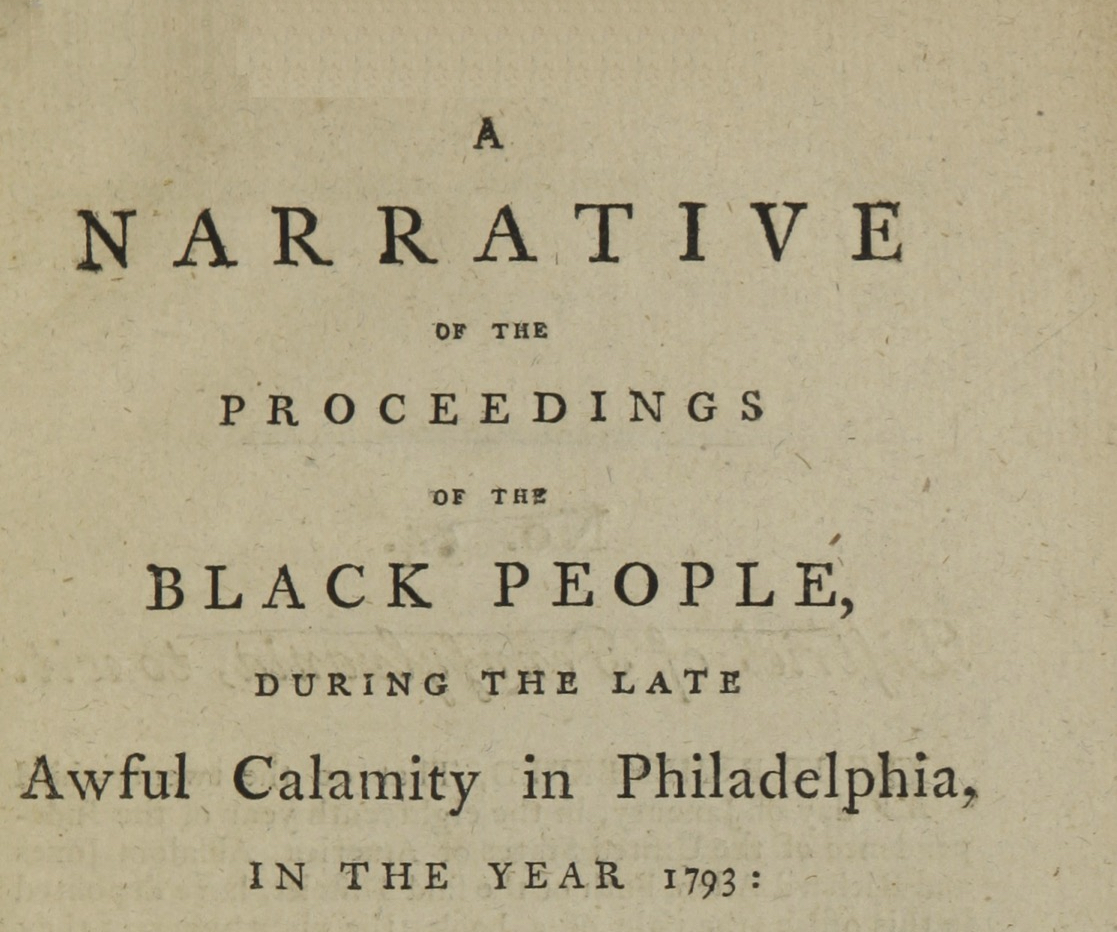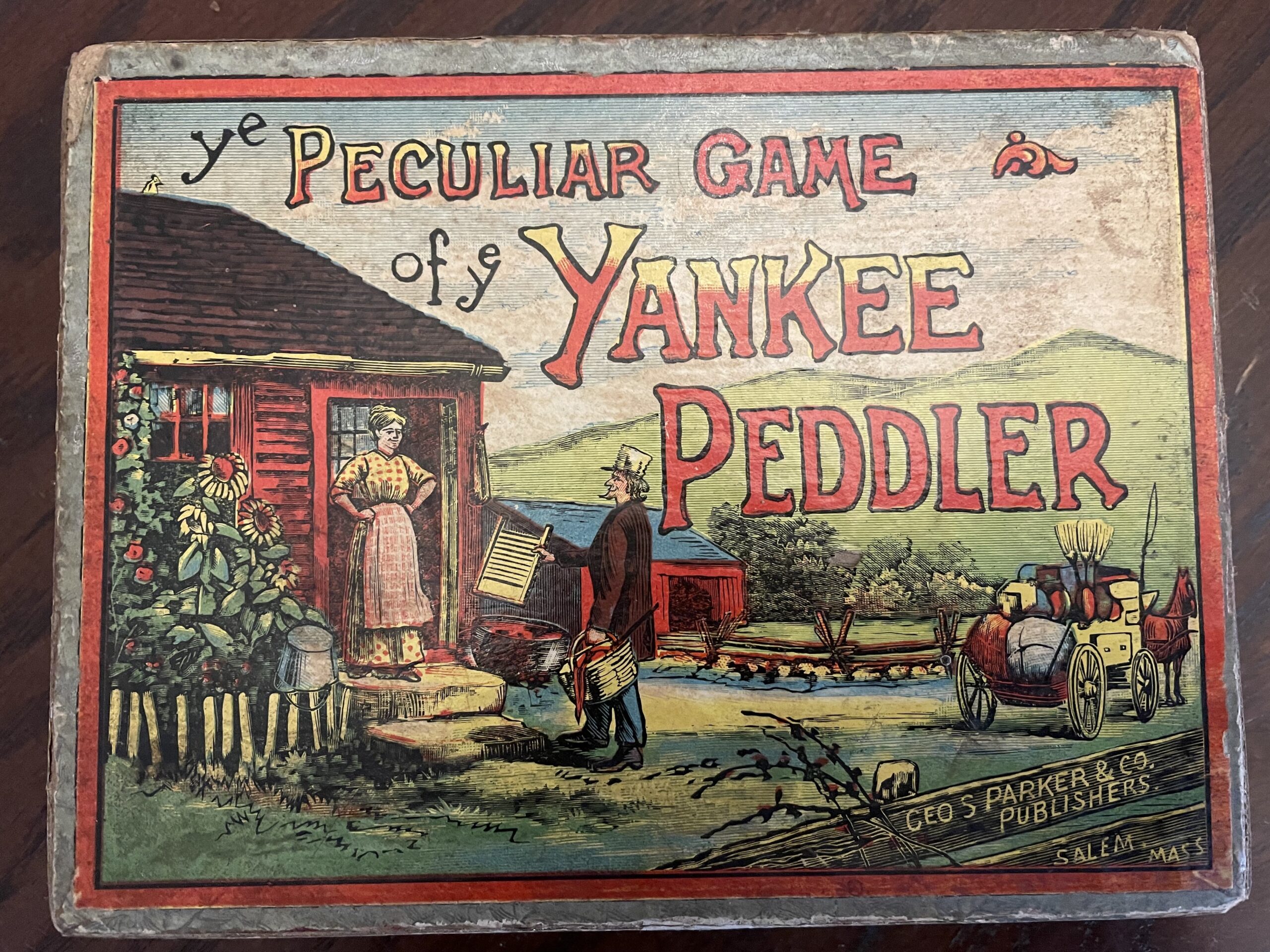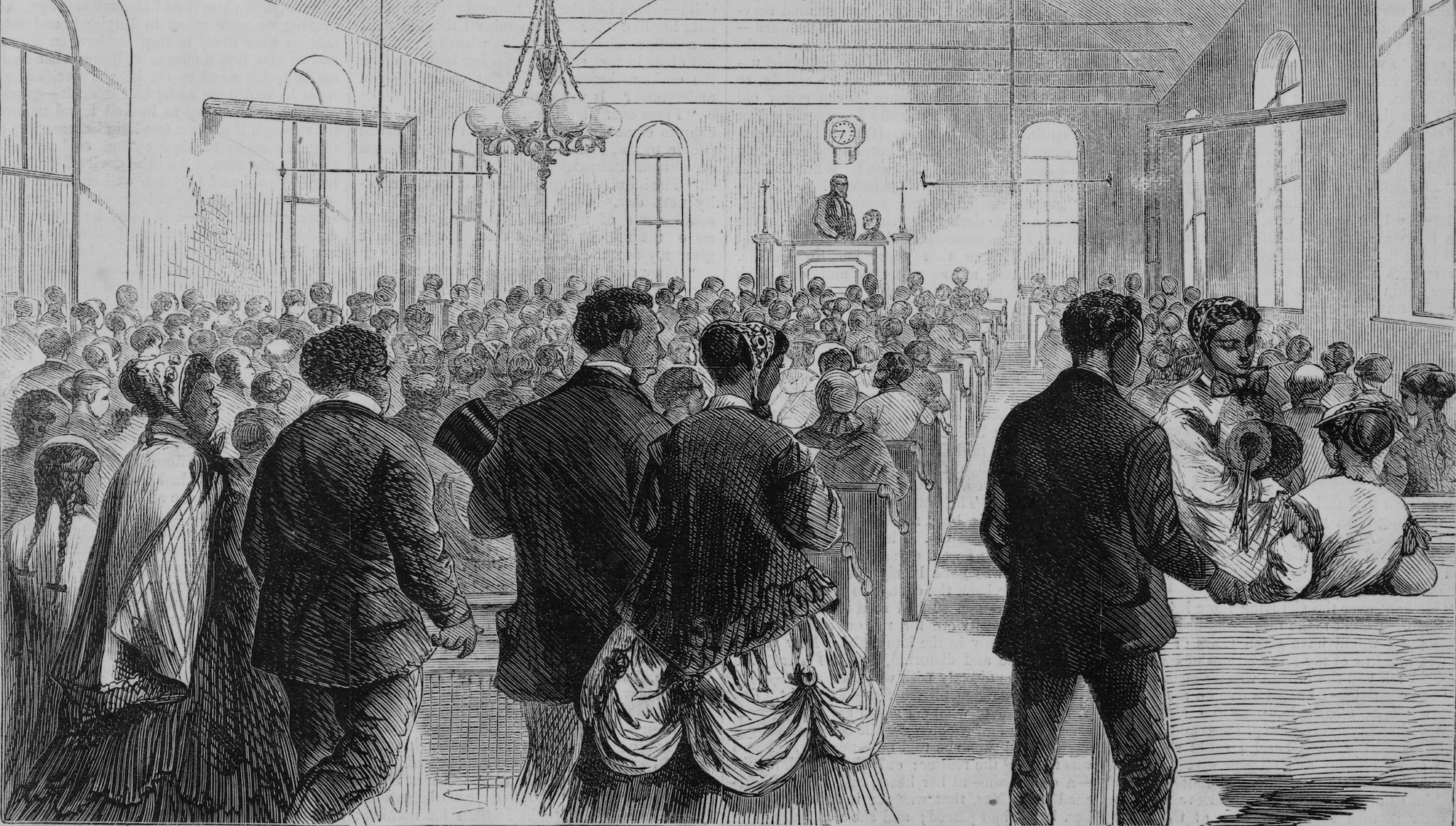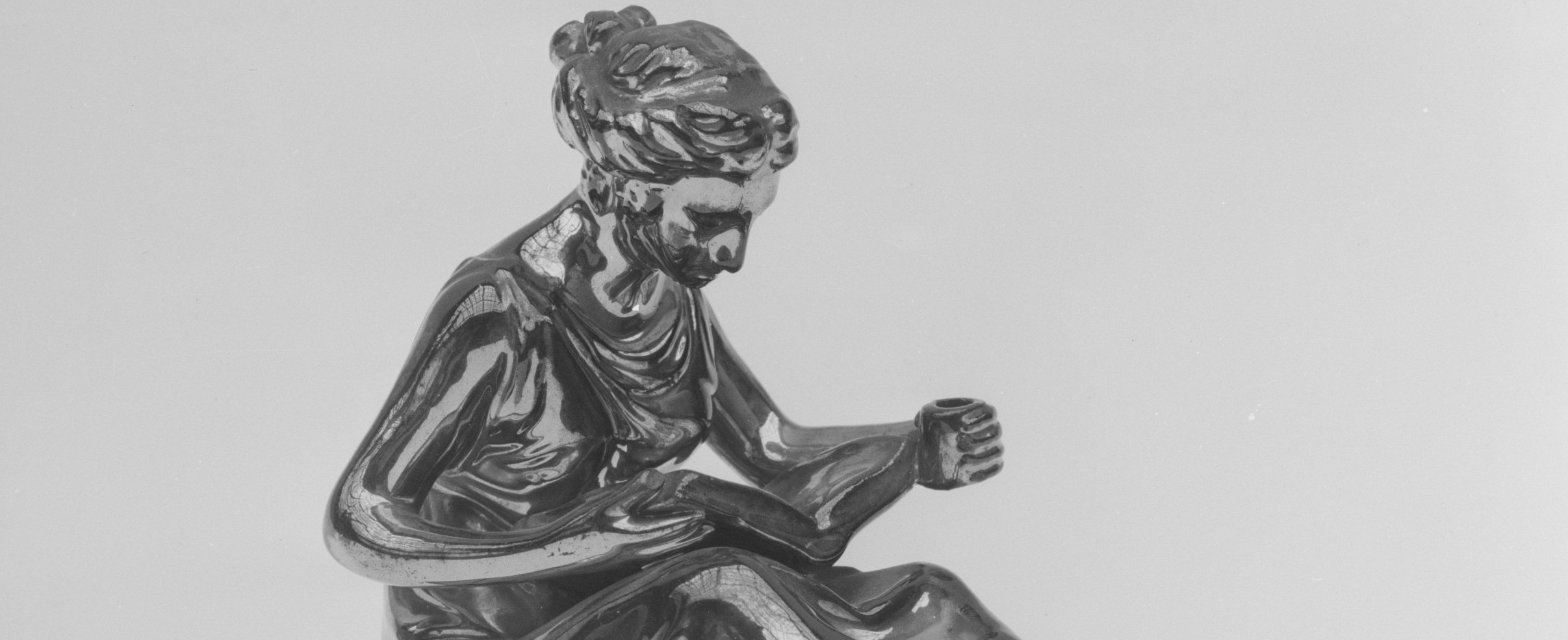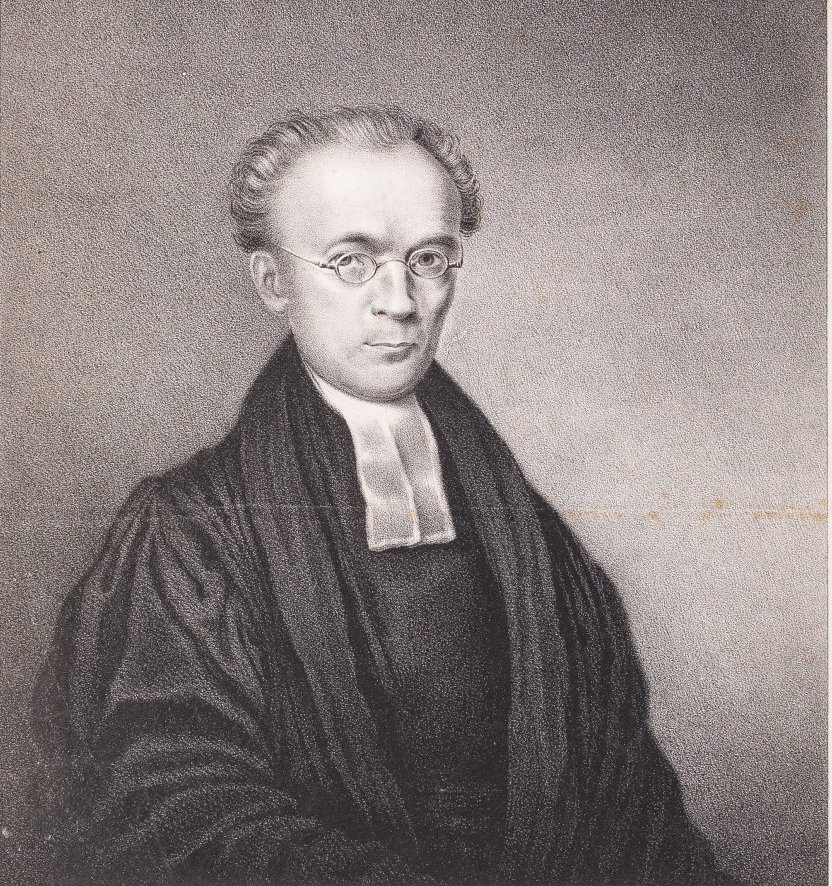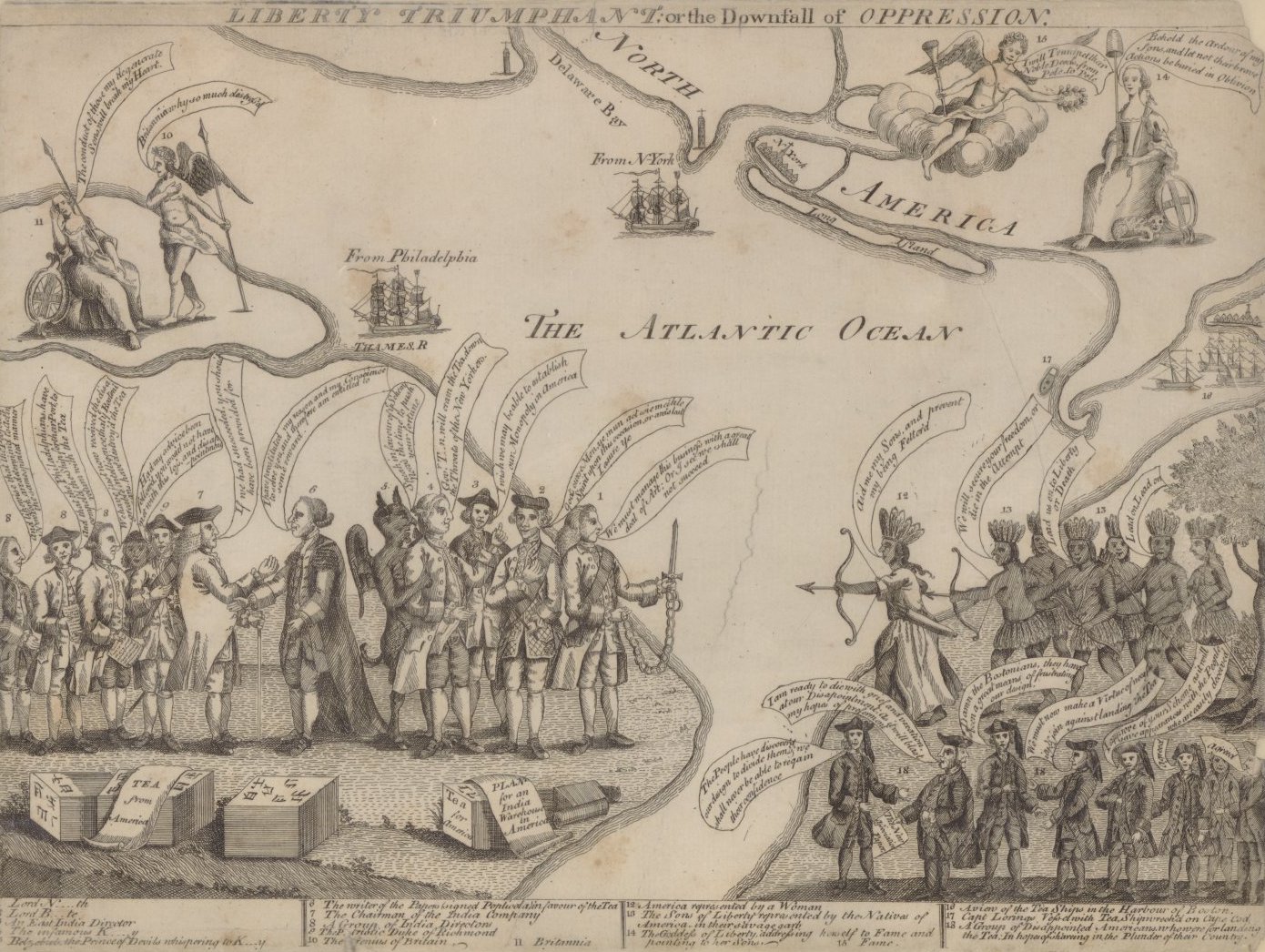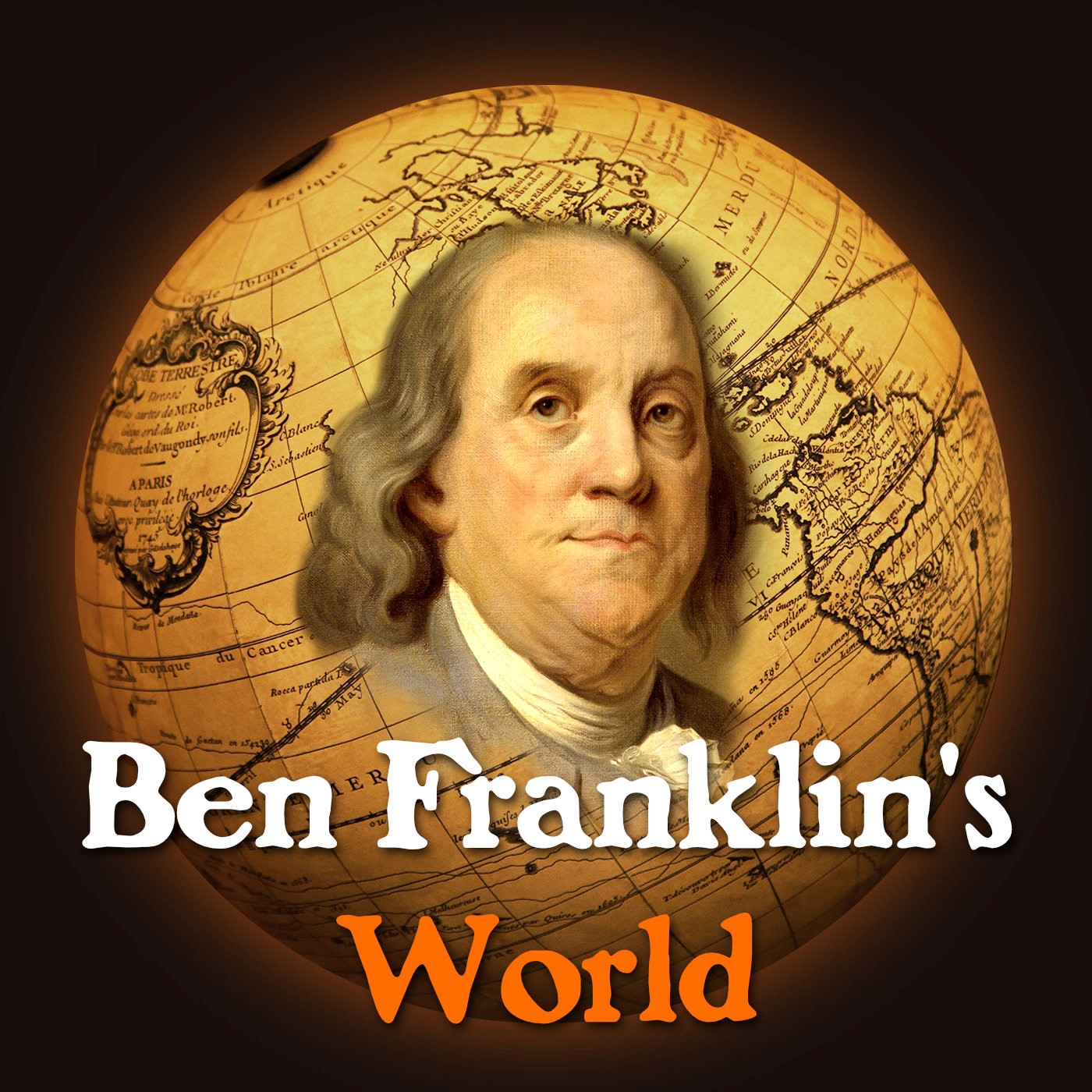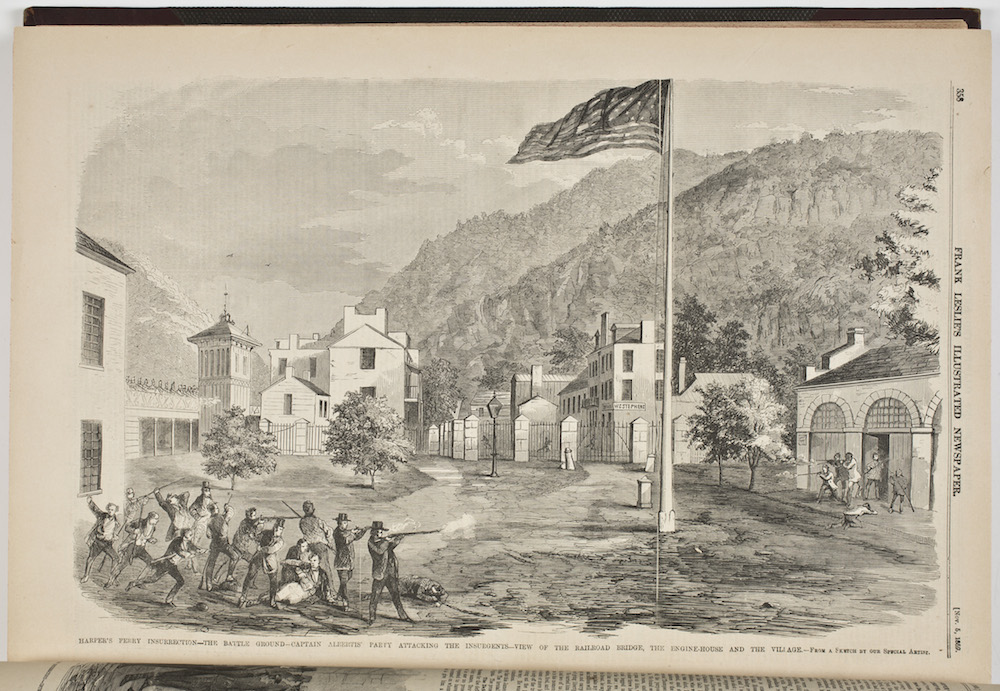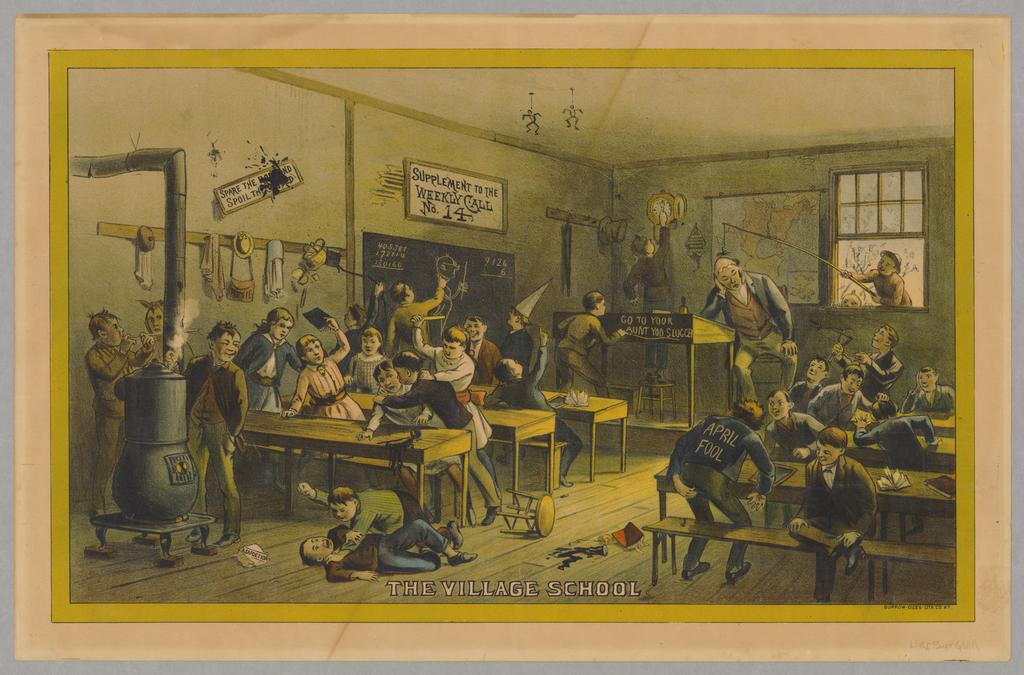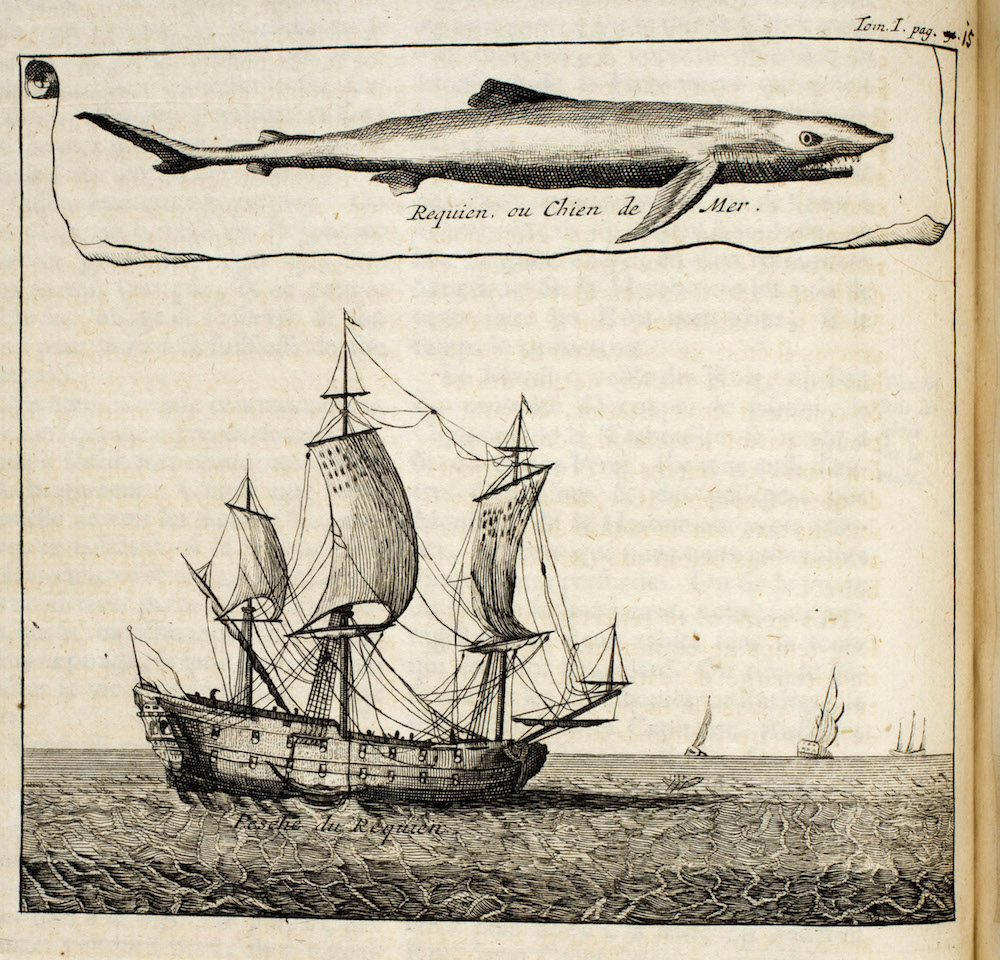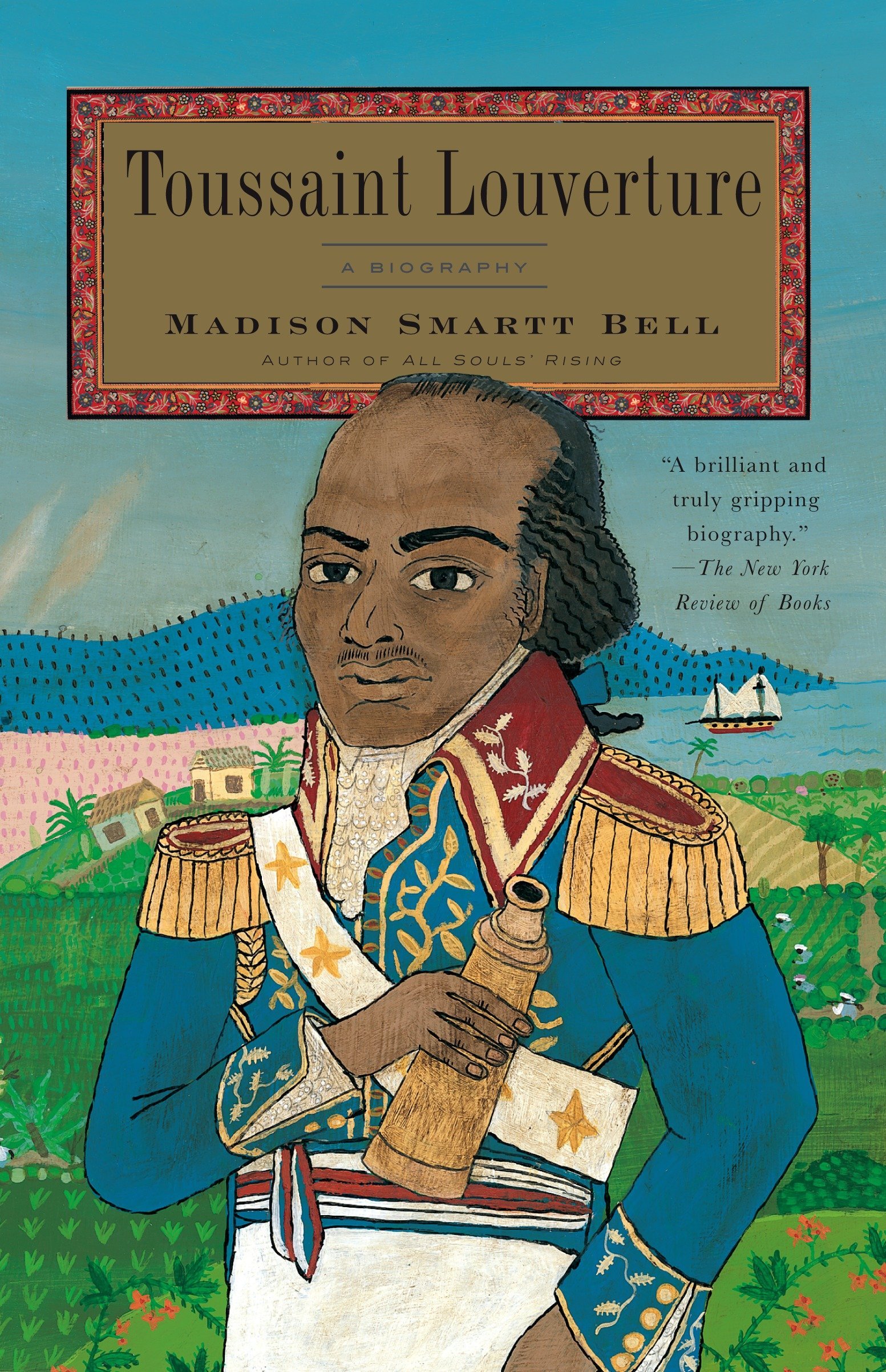Common-place asks historian Kariann Akemi Yokota about the process of researching and writing her bookUnbecoming British: How Revolutionary America Became a Postcolonial Nation, and about the book’s contributions to discussions of American national identity.
Your book asks, “What does it mean to think of Americans of the early republic as ‘unbecoming British?’ rather than simply ‘becoming American.'” What led you to frame the question this way, and what did you learn?

My book explores the post-Revolutionary generation’s struggles with the process of “unbecoming British” in the aftermath of America’s victory. In their efforts to analyze the formation of the United States, scholars of the Revolutionary period and the early republic have tended to focus on colonials’ efforts to break free from the British Empire—in other words, they tell the story of becoming American. This is understandable considering the historic changes that occurred as a result of the war for independence. Unbecoming British looks at this period from a different perspective in that it highlights the continuing importance Americans placed on their cultural, economic, and social ties to the mother country in the “postcolonial” era.
The same individuals who would become the nation’s leaders had recently been British subjects who had dedicated a good portion of their lives striving to be recognized as equals to their counterparts in Great Britain. For instance, George Washington earnestly pursued a career in the British military but was held back to a large extent because of his American birth. To understand the early history of the United States, it is essential to explore how these types of formative colonial experiences influenced citizens of the new nation.
After the Revolution, Americans faced the difficult task of establishing equality with, as well as separation from, Great Britain. The creation of an independent national identity—which necessitated unbecoming British—was a tricky business. It entailed construing differences between the U.S. and Great Britain where there were similarities (language, religion, Anglo-Saxon heritage) and attempting to diminish important differences (economic institutions, geographic distance, cultural development) in an attempt to establish parity. Many Americans simultaneously emulated and repudiated the mother country as they undertook the complex process of creating a separate society.
Many historical accounts of this period have downplayed Americans’ desire to remain a part of existing transatlantic Anglo-American networks. Conversely, anything that can be interpreted as an indication of a separation from Great Britain is taken as proof of the development of American national identity. I do not see the nation unfolding in a linear progression away from “Britishness” and towards cultural independence. Instead, what my research shows is that in the years following the Revolution, like other postcolonial societies, Americans vacillated between emulation and repudiation of the mother country. While there was a strong desire to establish their independence, American leaders also recognized that their connections to Great Britain contributed to the strength of the United States. These ties afforded them the civility that would legitimize their republican experiment during this tumultuous period of transition.
Moreover, the economic and cultural inequities that characterized the colonial relationship endured throughout the early republic. In that sense, emerging victorious from the Revolutionary war was the first, rather than the last, step in gaining independence. Political change tends to outpace shifts in culture. The Declaration of Independence represented a formal break with the British Empire, but by no means did Americans immediately abandon British cultural practices and norms.Americans were dependent on transatlantic networks of intellectual, religious, and commercial exchange and they needed British support to survive. In fact, when the formal relationship with the Empire ended, Americans had to work harder to maintain relationships with their British patrons. The pursuit of British material and intellectual sustenance kept Americans dependent upon the mother country long after independence was won.
You mention the persistence of “British cultural practices.” Can you elaborate a bit, and discuss how you went about investigating these?
While the Revolutionary War was a watershed event for political history, it plays a less dramatic role in the cultural practices of the nation. That said, the political break certainly influenced how Americans viewed their continuing links to Great Britain. After independence, Americans felt it was necessary to justify their cultural preferences to their fellow countrymen and to critical observers in Europe. Thomas Jefferson characterized his “enthusiasm for the arts” (and the large quantity of European goods he purchased consequently) as an expression of his patriotism. In a 1785 letter to James Madison he explained “its object is to improve the taste of my countrymen, to increase their reputation, to reconcile to them the respect of the world and to procure them its praise.” Foreign allies brought Americans’ love of British goods into question. A year later, in an attempt to defend himself to the Marquis de Lafayette, who had noticed his predilection for British goods, Jefferson explained: “It is not from a love of the English but a love of myself that I sometimes find myself obliged to buy their manufactures.”
Americans like Jefferson acquired cultural capital from their association with Europe, while at the same time celebrating their freedom from its corruption. Still, the extent of their borrowing fueled insecurities about the derivative nature of what was ostensibly an independent society. New citizens feared being seen by the rest of the world, not least the British, as still mired in colonial dependence. On the other hand, too much reverence for the mother country would be “unbecoming” a newly free people. My book contains several examples of how Americans grappled with what constituted the proper balance between innovation and imitation.
This leads to my use of material culture in historical research. While the writings of the Revolutionary leaders have been collected, edited, and analyzed by several generations of scholars, significantly less attention has been paid to the political significance of their material possessions. Despite the fact that the field of material culture scholarship is continuing to develop, historians tend to rely upon written texts. This strikes me as a crucial oversight considering the importance the Founders themselves placed on their possession of the latest refined, imported goods from Europe and Asia as markers of the United States’ legitimacy.
I want to encourage readers to think about how the use of material culture as historical evidence can enhance and even overturn the way we understand the early American nation.Unbecoming British analyzes the lingering effects of America’s colonial past on the formation of national identity by paying close attention to the social significance of objects. What I discovered, to my great pleasure, was that objects often revealed a very different side of America’s postcolonial relationship with Great Britain. Americans coveted and consumed British goods before, during, and long after the Revolution. People are often surprised to learn that English pottery manufacturers made a handsome profit selling goods that commemorated American Revolutionary success to patriotic customers in the U.S.
Although objects figure prominently in my research, I also draw upon textual sources when analyzing the process of unbecoming British. The writings of American statesmen document their self-conscious pursuit of the imported goods deemed necessary to establish America as a civilized nation. In these letters, the politics of objects come to the fore. For instance, discussions about the virtues of home manufactures versus imported goods of superior quality arose when the nation’s leaders debated whether America’s first president should make his debut on the international stage in the latest European styles or in rougher cloth that was produced domestically. These seemingly prosaic issues had political implications for postcolonial Americans who were aware of the eyes of the world upon them.
This issue of Common-place focuses on internationalizing American history. How does the transnational lens you used in your book change our understanding of the political processes of nation-making and the cultural creation of national identities? And how would you characterize your approach to transnational history?
Looking at early American history from a transnational perspective significantly influenced the way in which this project took shape. Due to my focus on the politics of cultural practices in this period of transition, my research followed a variety of objects as they led me across political borders and oceans. My chapter on the early China trade came about because of my desire to let the trajectories of these goods define the boundaries of the study. Tracing the “life histories” of the imported Chinese items that Americans owned helped me to understand the cross-cultural relationships that were created by the international exchange of objects. In this way I would say that my approach to transnational history is more connective than comparative.
When historians adopt geopolitical lines of demarcation for their studies, they risk missing some of the most important aspects of the process of nation building. I am fascinated by the interactions and contestations that were continually occurring along the unstable borders of the nation-state. Some of the most interesting new research is coming out of borderland studies because they capture intercultural exchange so brilliantly. Furthermore, the domestic focus in American history is at odds with the importance people in the early republic placed on international events and their own connections to the wider world.
A transnational approach also helped me see a different side of the history of racial inequality in America. Put simply, if you examine a figure like Thomas Jefferson from a solely domestic perspective, he clearly occupied the top of the social, economic, and political hierarchy. He was wealthy, he owned slaves, and he enjoyed the respect of his fellow Americans. However, if you take a transnational perspective and consider his position within the larger transatlantic world, he becomes a lesser figure on a global stage.
In my book, I place Anglo-American settlers—including those individuals otherwise known as the Founding Fathers—within a larger international framework where they do not inhabit the top echelons of the social hierarchy. Seen from an elite British perspective, New World slave owners were petty provincials toiling in a distant and uncivilized land. Although Americans worked hard to change this view after the Revolution, they still realized that it existed. The Reverend Timothy Dwight noted in the late eighteenth century that the British looked down upon Americans because they were mere “inhabitants of a new world … lately occupied by a race of savages.” He put a call out to his fellow Americans, telling them that “The time is come … to explode the European creed that we are infantine in our acquisitions, and savage in our manners.”
White settlers in America attempted to address their lower status within the transatlantic context through various strategies of internal domination. After all, without the violent exploitation of people of color whose land and labor they stole, Americans could not purchase the things they needed for a gentlemanly lifestyle, nor could they have the leisure time to pursue intellectual endeavors befitting aspiring Enlightenment scholars. Seen in this way, I argue that American racism originated from a position of insecurity as much as from notions of superiority. The awareness of their lack of international status contributed to the vehemence with which Anglo Americans oppressed people of color. The same kinds of denigrating remarks about the primitive nature of the material life of Native Americans and African Americans were used by British observers to describe the lifestyle of Anglo Americans. By recognizing that the nation’s leaders struggled with their own sense of inferiority when compared to the British, we can begin to understand racial domination as being an expression of both power and powerlessness.
Let’s talk about your discussion of China—hardly a part of the world most people would expect to see in a book on the founding era. How did examining American interactions and exchanges with China enhance your argument?
In the late eighteenth century, Chinese tea, silks, and porcelain represented the epitome of style for Europeans and Americans alike. The importation of Chinese goods was an integral part of a provincial people’s attempt to construct a “civilized” nation on the periphery of the transatlantic world. One of the first things that Americans did after winning the war was to send a ship to China. In a literal, legal sense, this was the ultimate expression of independence because mercantile laws restricted colonists from trading directly with China. It was because of the desire for refined goods that Americans found themselves in Canton facing their British counterparts as well as the Chinese. It is crucial for scholars to recognize that American national identity was often established in geographical locations outside of the U.S. and Europe.
Since I was interested in studying race relations in the early modern transatlantic world from a triangulated perspective, I looked at the relationship among Chinese, British, and “white” Americans in Canton, China. Researching and writing that chapter allowed me to interrogate issues of a burgeoning American national identity from a location that was far outside of the nation-state. I found that in some respects, merchants from the U.S. and Great Britain reenacted their unequal relations in this foreign location because Americans were new to the trade, having been legally excluded from it. Americans showed deference to their British counterparts, whom they depended on to explain to them the intricacies of the Canton trading system. In other instances, Americans celebrated their new-found freedom by flouting British business conventions and playing up their relations with French traders as a way of insulting the British. Seeing the representatives from the British East India Company in a subordinate position vis-à-vis the powerful Chinese government was useful for Americans who were working so hard at “unbecoming” British in this period.
Finally, and perhaps most importantly, the Chinese perspective adds a key dimension to the study of Anglo-American relations in this period. When Chinese officials asked Americans and Britons to explain the differences between these people so recently at war with one other, both were hard-pressed to answer. After all, they looked the same, spoke the same language, and shared the same tastes in objects. When I read several of these encounters in the archives, I thought to myself that this was the perfect illustration of Benedict Anderson’s point about the constructed nature of national identity. Americans and Britons who had so recently fought a bitter war against one another struggled to come up with significant differences that would convince a powerful Chinese official that they were separate people.
One section is provocatively titled “Race, an American Commodity.” Can you explain a bit what you mean by that, and how your arguments about the creation of racial difference and hierarchy fit with your points about the importance of objects?
White Americans often criticized people of color for their incivility, violence, and lack of discipline. Yet those Americans who were engaged in transnational networks in person and in print were disturbingly aware that they were being maligned for the same things by some British observers who regarded them with disdain.
As I have already suggested, hierarchies based upon levels of civility often revolved around the possession and production of refined objects. The unequal nature of the relationship between Britain and the new United States was embodied in the transatlantic exchange of refined and unrefined objects. Generally speaking, throughout the early nineteenth century, Americans continued to trade raw materials for finished products manufactured in Britain. To give just one example, American settlers obtained beaver pelts from Native Americans on the Western frontier. These pelts were shipped to Britain, where they were made into top hats which were then sold back to American consumers at a profit. Analyzed symbolically, these hats were among the possessions that white Americans used to indicate their discerning sense of taste which they believed differentiated them from “savage” others who had originally procured the raw materials used to make them.
Although I cannot explore the full argument here, in the final chapter of the book I draw upon the work of scholars who have theorized about the unique role of “whiteness” in the American context as a way to understand the process of unbecoming British. Living so intimately among people of color, European Americans gave whiteness an elevated value which it did not hold in Europe. While elite white Americans continually needed to turn to Europe for their refined goods, the one thing that they no longer had to import was their whiteness. Seen in this way, whiteness was a valuable commodity that could elevate an individual’s life prospects. As with other forms of material property, Anglo Americans passed laws to protect whiteness in order to maintain its value. More than anything else, I would like my book to urge readers to consider American racism at this time at least partly as a consequence of postcolonial insecurity. Of course, this is not to excuse it, but rather to understand racism in all of its complexity.
Since you mention postcoloniality, I’d like to conclude by asking what it means to be a postcolonial nation? How does the early American republic fit within this category, and how important is such a description or designation to the book’s ultimate contributions?
Nations that emerge from colonialism must inevitably grapple with the legacy of that history. Imperial projects rely upon the establishment of asymmetrical economic, social, and cultural exchanges between colony and metropole. To a large extent, this unequal system depends upon its subjects internalizing hierarchies of distinction that privilege the mother country. These do not automatically disappear after independence is won.
I am interested in exploring how the early United States of America was influenced by its colonial past. Many Americans felt extremely proud of their membership in the British Empire, and they continued to value their historical connection to it after they had separated. Thus, the establishment of American national identity was a complex, long-term process, rather than an instantaneous transformation. This approach was inspired by the work of postcolonial scholars who for the most part focus on the Indian subcontinent, Asia, and Africa. While these societies differ temporally and geographically from the United States, the intriguing questions postcolonial scholars have raised about the lasting effects of colonialism were generative. Their scholarship helped me to be sensitive to the concurrent desire to emulate and repudiate one’s former colonizers. As Ashis Nandy has aptly observed, “colonialism never seems to end with formal political freedom.” The ideas of scholars of “white” settler societies such as Australia, Canada, and South Africa offer a closer analogy to the U.S. One of the unique challenges postcolonial settler populations faced was the dual task of establishing their right to their adoptive land while still retaining the privilege of their European inheritance.
In Unbecoming British I consider the ways in which the United States resembles later postcolonial societies. Although one must always be cognizant of how its specific history was different, seeing early America in this manner illuminates certain aspects of the nation’s history that are often overlooked. For instance, the oppression of minority groups in the U.S can be better understood if we recognize that postcolonial American elites felt marginalized within a larger transatlantic world. Viewed from this angle, their acts of oppression are both expressions of power and powerlessness vis-à-vis larger economic and cultural systems still dominated by Europe. Given what we know about the ascendency of the U.S. to the status of a dominant world power, it is easy to forget that it had such an unstable beginning. Ultimately, I hope the book reminds readers that the U.S. might not be so exceptional after all.
This article originally appeared in issue 12.4 (July, 2012).



